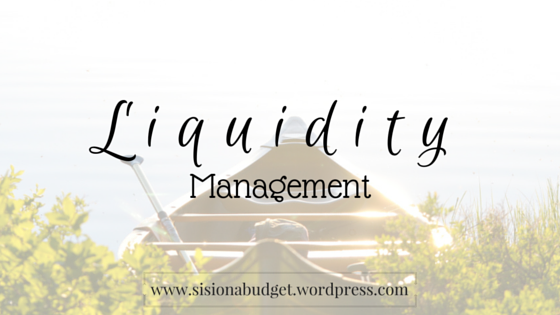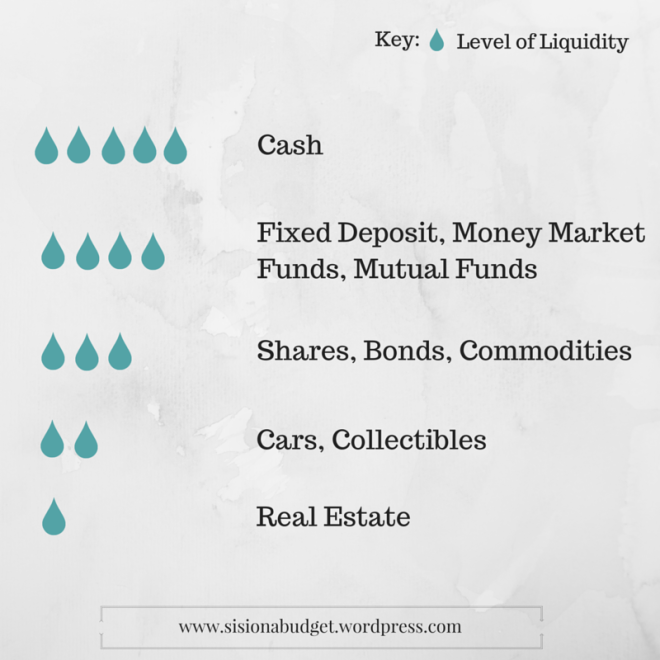
Recession: A significant decline in activity across the economy, lasting longer than a few months. A recession generally lasts from six to 18 months. Source
A country’s Gross Domestic Product (GDP) is the typical metric used to ascertain it’s economic activity. The most current information I could find on the Nigerian Bureau of Statistic’s website for Gross Domestic Product (GDP) was for the period up to Q3 2015 (July – August) which showed a slight improvement following three consective periods of decline.
Aside – I used to have a lecturer whose mantra was “three is a trend”. Hashtag useful life tip.
It’s hard to get away from the news of how badly Nigeria’s economy is doing. You’d have to be living in the back end of beyond not to know that:
- the Naira is tanking, whether the government likes it or not
- power is still as unstable as ever after they did ogboju for us in the weeks immediately after the elections last year
- the Boko Haram insurgency is still a thing no matter what “technical” victory they declare
- the drop in oil prices means there aren’t enough dollar bills in circulation to fuel our import economy.
Haaaay! I forgot we were looking for our budget at one point. At least it passed its second reading at the Senate today. According to their Twitter handle. Did you follow the debate? We still have a ways to go before it’s passed into law.
The #2016Budget #AppropriationBill passes its second reading at the Senate.
— Nigerian Senate (@NGRSenate) January 27, 2016
So, how exactly does this impact the “individual” beyond the obvious drop in spending power?
- Job cuts – We have an unquantified unemployment problem in Nigeria and are set to see more cuts in the formal economy. For those who can raise the cash, starting a business will most likely be the next move.
- Lifestyle changes – I forget who was tweeting earlier about Nutella steady creeping towards the N1,500 mark. I had just been dreaming of Nutella crepes just before that as Pancake Day fast approaches (how is it lent already???). Way to burst my bubble buddy. On a serious note, adjustments will have to be made in how we allocate our money to non-essential items because…there’s rice at home.
- Savings and Investing – These are usually the first items to take a hit at times like this as resources are channeled to more pressing needs. In fact, they may be depleted as the proverbial rainy day is perceived to have arrived. There’s no one size fits all solution to this one. I will say though, if it’s not life threatening, try not to dip into savings. Also, try to put something away even if it’s N1,000 to maintain the habit because once it’s broken…don’t ask me how I know.
- Hello rent hikes! If Baba Landlord usually jacks up the rent in January, you have limited options because its happening across board. He has USD school fees to pay yo! This is not a noisemaking exercise..
- Overseas Under/Postgraduate Studies – *laughs in exchange rate*
- Distrust of the powers that be – THEY ARE COMING FOR YOUR MONEY. Or are they? The excesses of the previous administration and the past records of the current placed high expectations on the incumbent to deliver…something. The slide in oil prices unfortunately means that there will be less money in the coffers for this administration to execute their plans for this financial year. Governments are revenue generating entities and will always look for ways in which to do so. We have seen a number of policies and proposals in the last few days/weeks aimed at raising these funds from the general public. Quite a few people have moved from outright support to more neutral ground or have made a complete about face.
It’s not all doom and gloom though! Coming through trying times like this is all in the attitude, in my opinion. (5 points if you get the reference. Another 5 if you comment telling me where it’s from).
“A recession: a period in which you tighten your belt, a depression: a time in which you have no belt to tighten.” (Braude Speaker Encyclopedia, p. 46.)
It’s usually hard to see areas where we are not optimising our money while things are good. I’ve certainly seen a few tweets recently where people have said they need to fix up their financial life because things are starting to pinch a little. There’s no better time to assess where we need to make cuts in terms of our expenses and reducing debt than right now. Mostly because we don’t have a choice as we are having to make decisions about money when our purchasing power is being eroded.
Need help figuring out a Financial Plan? Start here –








